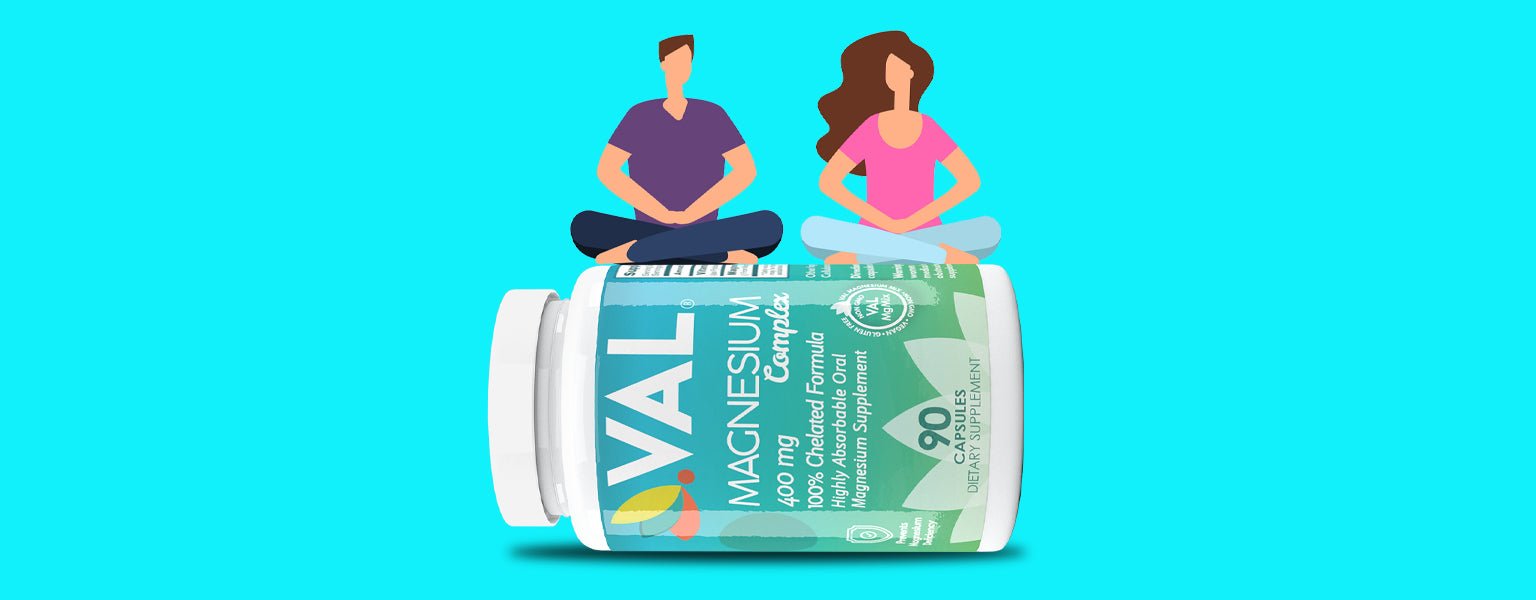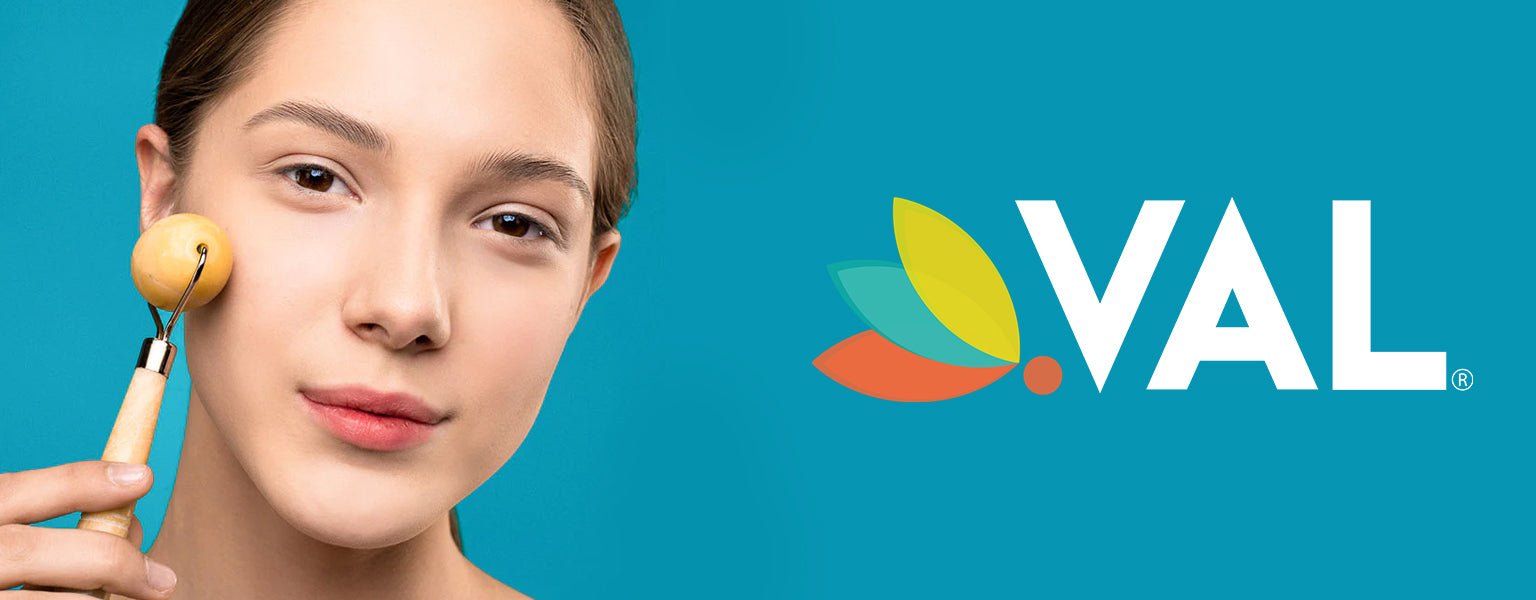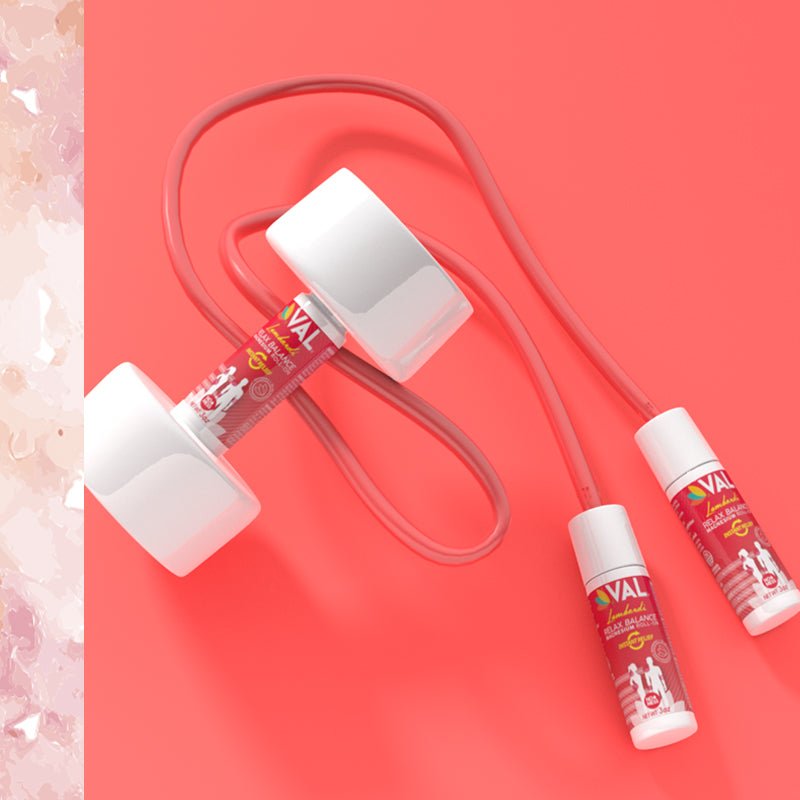VAL Lifestyle Blog
MAGNESIUM the relaxing mineral
Think of magnesium as the relaxing mineral. Anything that is carved, irritated, twitching, cramping, and stiff, whether in the body or the emotions, is a sign of magnesium deficiency
Joints and Turmeric, a successful combination to stay active
They allow us to move our whole body, from the simplest to the most complicated of exercises and we are not always aware of their workload. Joints are our foundation, but do we take care of them as they deserve?
The benefits of Magnesium Supplementation for your HEART
Benefits of magnesium for the heart Magnesium is a nutrient that helps minimize damage to the heart and prevents collateral damage from heart attacks. This mineral can be found mainly in nuts and vegetables, but despite being present in this variety...
July is self-care month / What is self love
Self-care goes beyond pampering yourself. It is not just about taking care of ourselves aesthetically or managing to feel good. It is about taking care of our physical, psychological and spiritual health
5 reasons to take magnesium for premenstrual syndrome (PMS)
Here's why this mineral can help you turn down the volume on your monthly PMS drama
Magnesium to show impeccable skin
Yes, magnesium is the key your skin needs to show off spectacular skin
Safety tips to stay active and healthy during your summer workouts
Follow this safety tips to be healthy this summer
Magnesium in your body creates energy by activating adenosine triphosphate (ATP), which is the fundamental unit of energy within the body’s cells.
Reduces symptoms of PMS with Magnesium









